Empty Plates – Lahav Halevy
Curator: Galit Gaon
Opening: Thursday, 24.12.2020, 18:00-22:00
Online Gallery Talk: Wednesday 3.2.21, 20:00 To see the conversation (in Hebrew)
Closing: Thursday 1.4.21, 19:00
Non-functional format, empty plates on the wall, not a poster.
A conversation between the artist Lahav Halevy and the curator Galit Gaon
Galit: Both of us, Lahav Halevy and myself grew up here. In the same years between Jerusalem and Nazareth Elite. Memories of a childhood in homes with here and there. During this time round notices were in use, laden with words and colors, paper, and diluted glue. Words written to people.
Lahav, who writes words for people and sends them to think carefully what they did, agreed in one short WhatsApp message to embark on a journey of working towards an exhibition at the Benyamini Center. Not that I was sure what would happen, but somehow in the mist of the first days of isolation, between fear and survival it began. I thought it would be interesting to invite one of the busiest creatives that I know, to be involved in the foolish and useless – as some of my best teachers referred to decorative objects. Objects that do not save human lives, that are not essential to our existence, that became kitsch when we hang them on our walls bearing a spray of gold and a memory of a place.
Empty plates, throughout history have played a part as a tile memory, with drawings, names, crests of royalty, landscapes, and portraits. Long before paper became a banner, or more accurately, wood became paper became a poster, plates displayed visual memories and ideas that we transported from here to there. Easy to pack, relatively small, and obviously carrying history and words. Exposing the old city of Jerusalem after ’67 brought to Israeli apartments leather poofs with camels, beautiful Armenian plates decorated with turquoise and green, the closest to bringing overseas home. Reserve army duty of Izika brought home plates he drew when bored between guard duty. The plates began with small marks as if reproducing the cave drawings of Altamira in Spain, followed by our portraits, features painted with a soft brush, quick sketches in one color. The following weekend he came home and hung them on the kitchen wall. They were his first attempts, first thoughts on plates that he would continue until his death, a plate bearing his thoughts about the last meal. “Whoever knows hunger will eat stones, I cannot see food left on a plate. I used to eat everything, now I simply do not eat” written in a sketch book – a war child.
Empty plates are not a poster even though they are on the wall. They do not contain, and they are the opposite of their initial purpose. Every week instead of photographing a plate of food, so many people around the world are faced with an empty plate, the loss of everything that could be comforting, guarded, contained and possible.
Lahav: My days are divided into two. A daily work routine that is demanding, purposeful and totally functional. Everything that I create in my long workdays and nights – should be excellent – an exact and precise answer to a need – a cake box, poster against violence towards women, a book cover, strategy to manage a crisis. On the other hand, when I am not designing or washing dishes, two activities that I really love, I am totally exempt from providing an answer. Totally free. It is as if my nature or my desire not to be purposed for something.
Empty plates can be a material state or an allegory or a state of mind.
Galit’s request to “fill” plates found me ready to go along. I wanted to fill them with emptiness. Emptiness that is different from a white plate but still empty, my private definition of everything that is not functional and has an external trigger. Which is perhaps, not perhaps, for sure, the most meaningful difference between design and art. The word art bothers me. I prefer to dawdle, or wander on the edge, like a child who separates the food on a plate – rice here, peas there, until the responsible adult yells not to play with food.
A few weeks ago, I was hosted by Elad Yaron on his program “Artist Room”. I said that several of my works I refer to as “my foolish works” where I love my freedom to be foolish, where I can be reckless and irresponsible. I do not know their worth. But it is not my responsibility to know. I am the maker, not the audience, not the focus group and not the established critics. For that there are other people, or not.

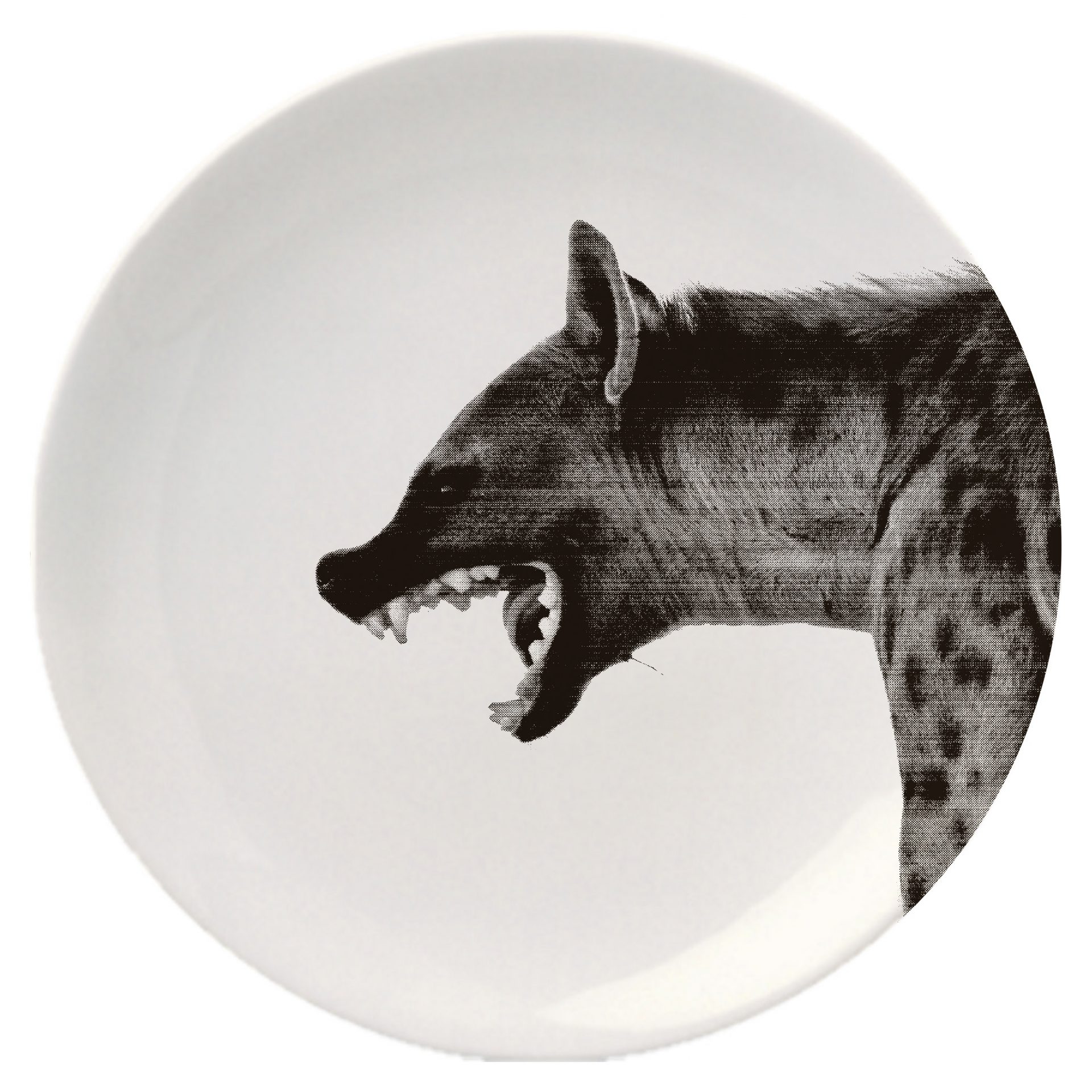
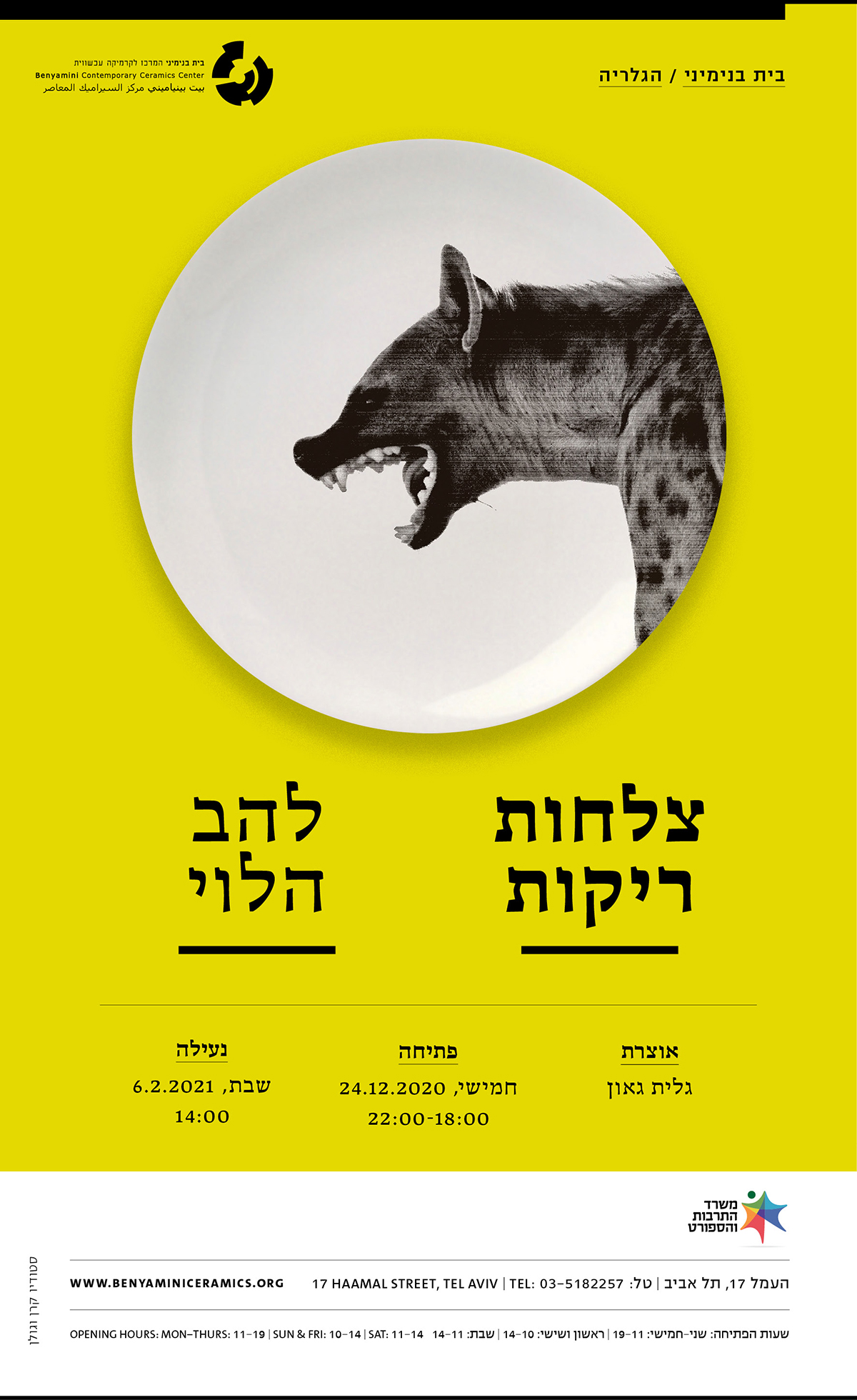 lahav_invitation
lahav_invitation
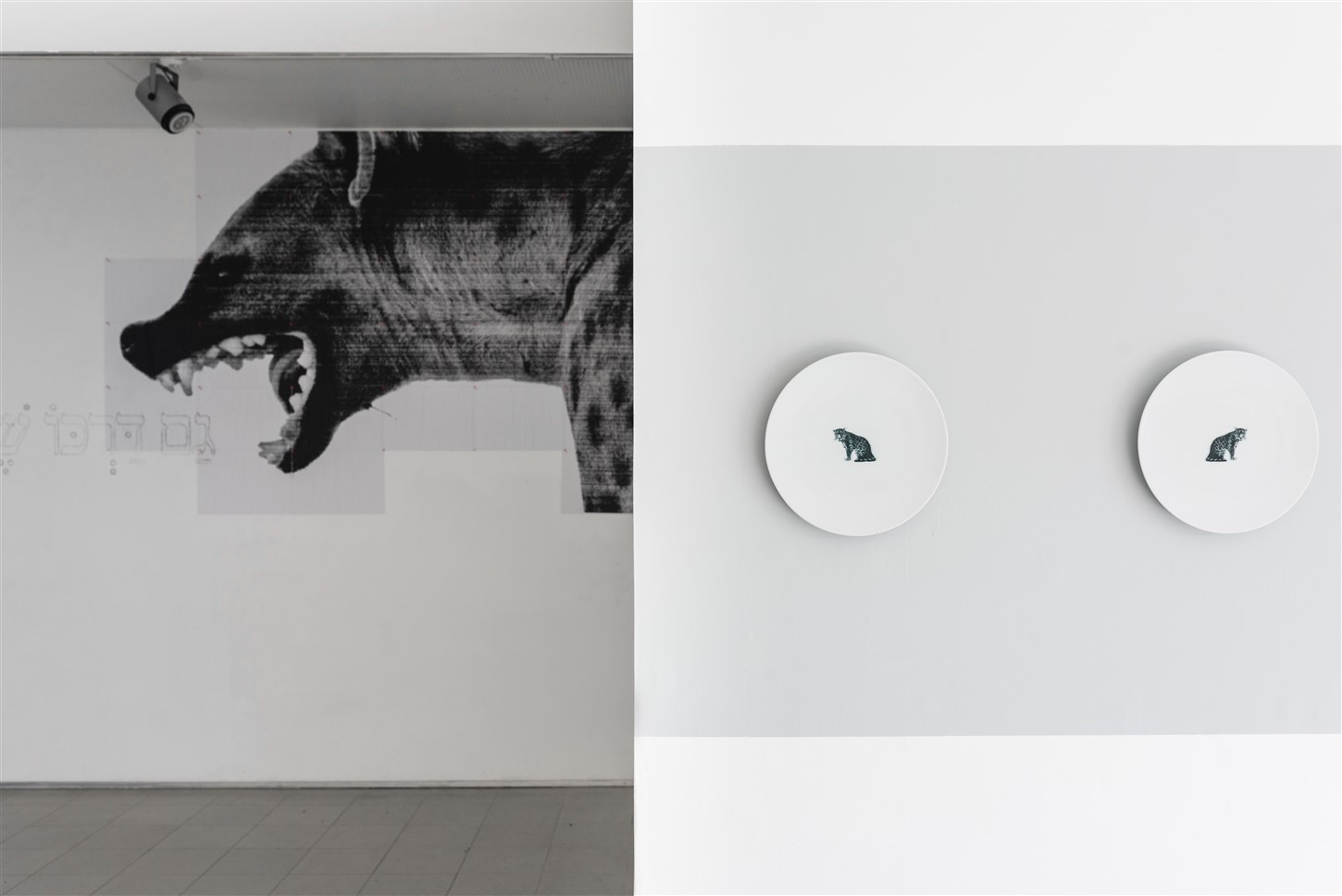 Lahav Halevy. Photo Dor Kedmi
Lahav Halevy. Photo Dor Kedmi
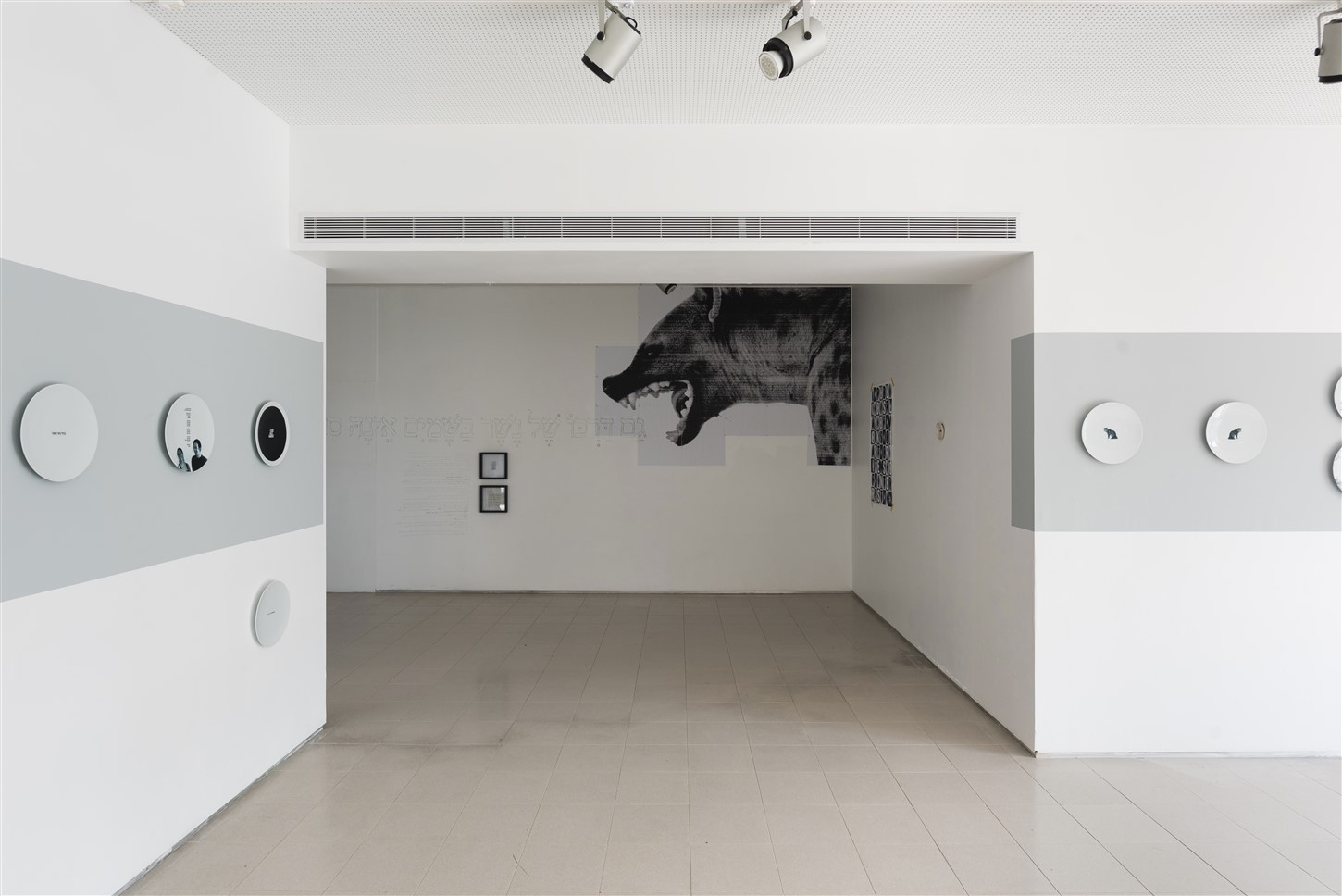 Lahav Halevy. Photo Dor Kedmi
Lahav Halevy. Photo Dor Kedmi
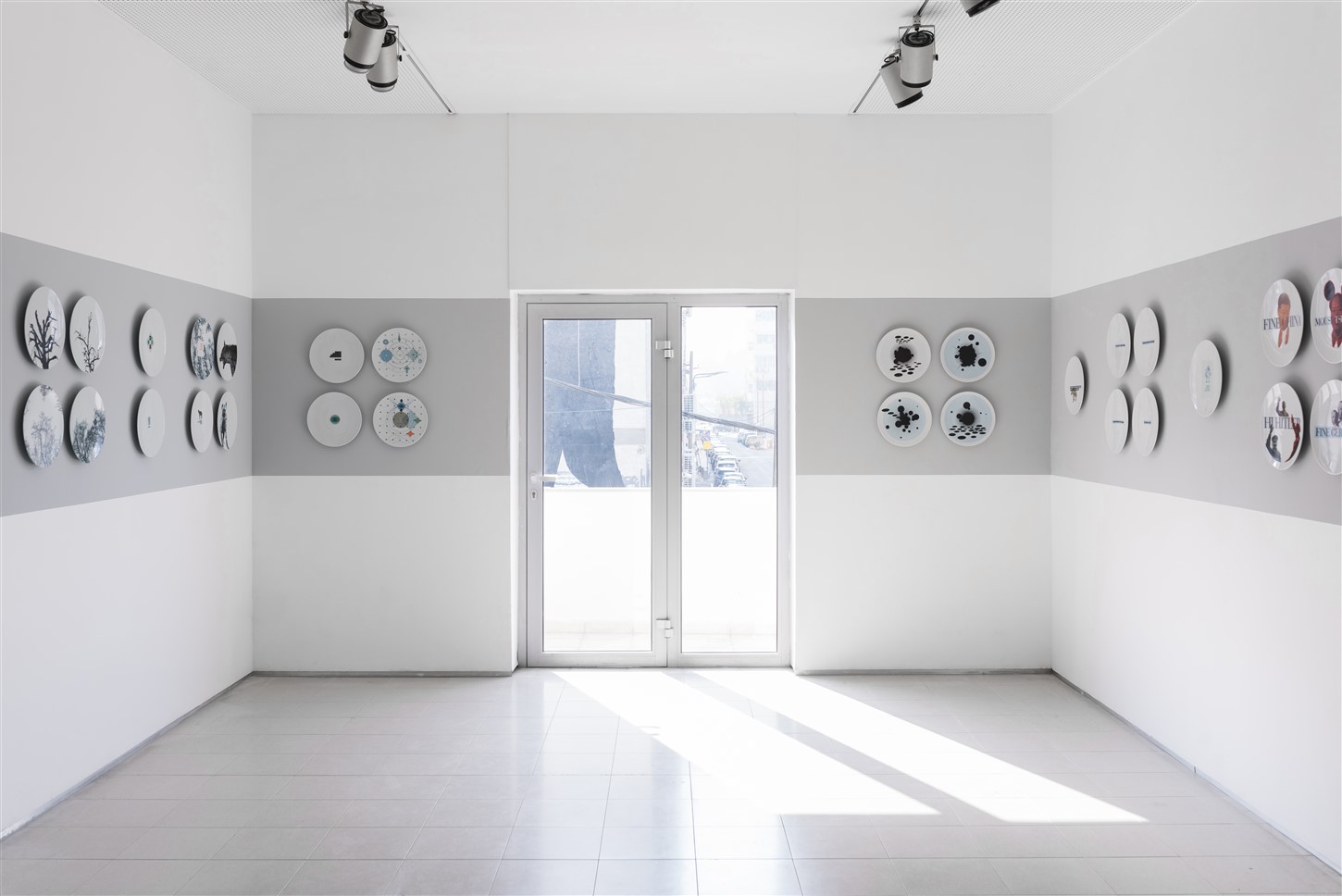 Lahav Halevy. Photo Dor Kedmi
Lahav Halevy. Photo Dor Kedmi
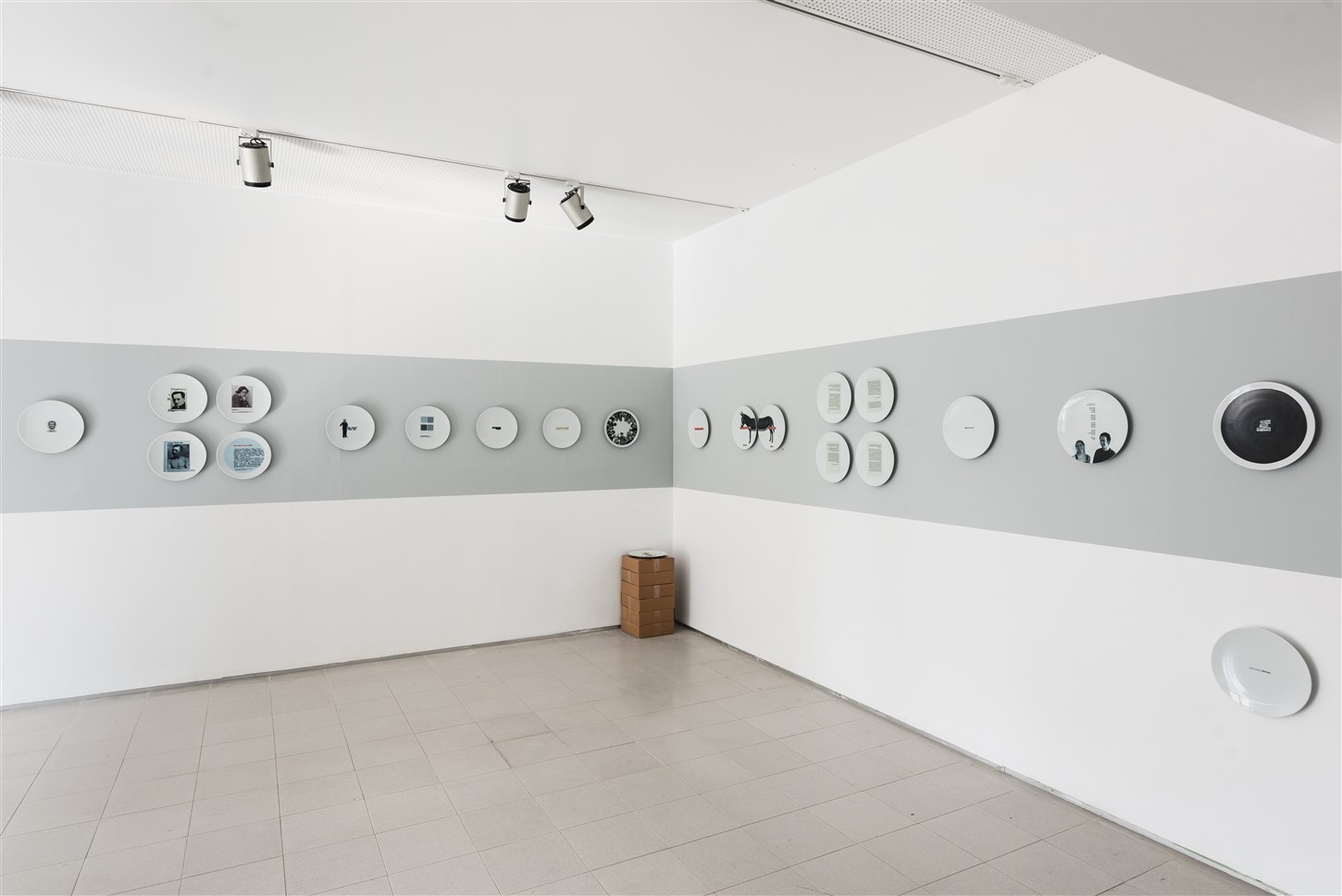 Lahav Halevy. Photo Dor Kedmi
Lahav Halevy. Photo Dor Kedmi
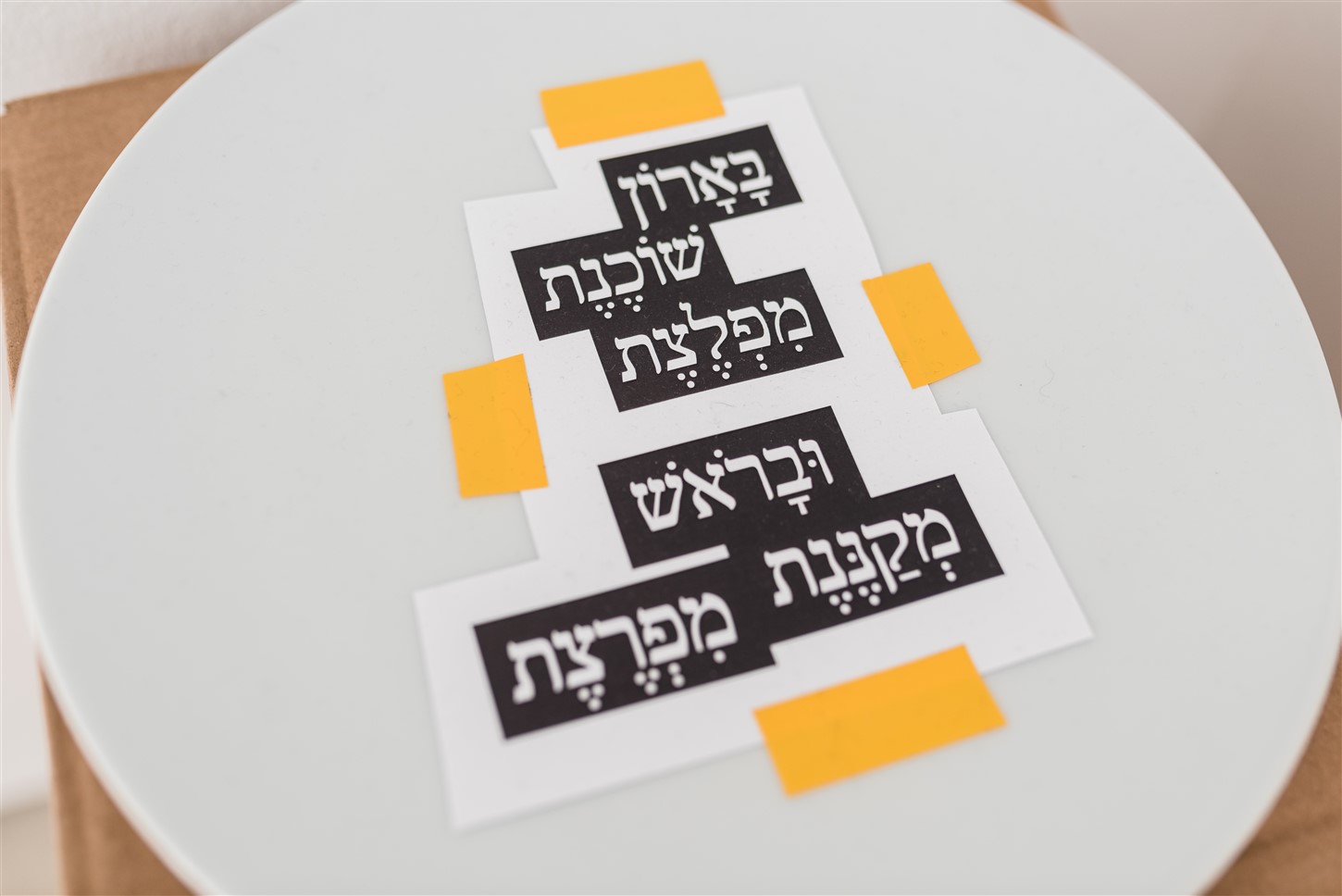 Lahav Halevy. Photo Dor Kedmi
Lahav Halevy. Photo Dor Kedmi
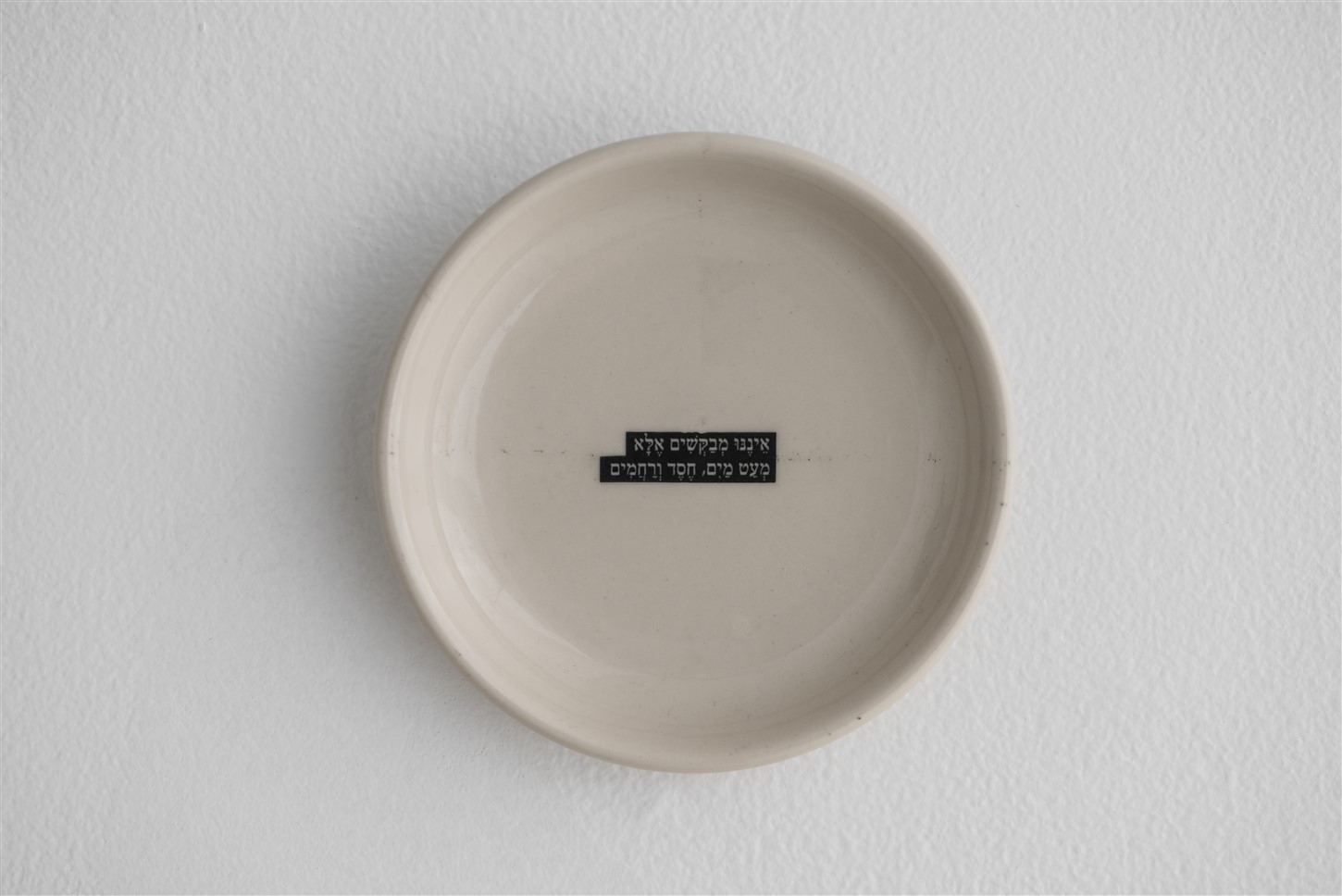 Lahav Halevy. Photo Dor Kedmi
Lahav Halevy. Photo Dor Kedmi
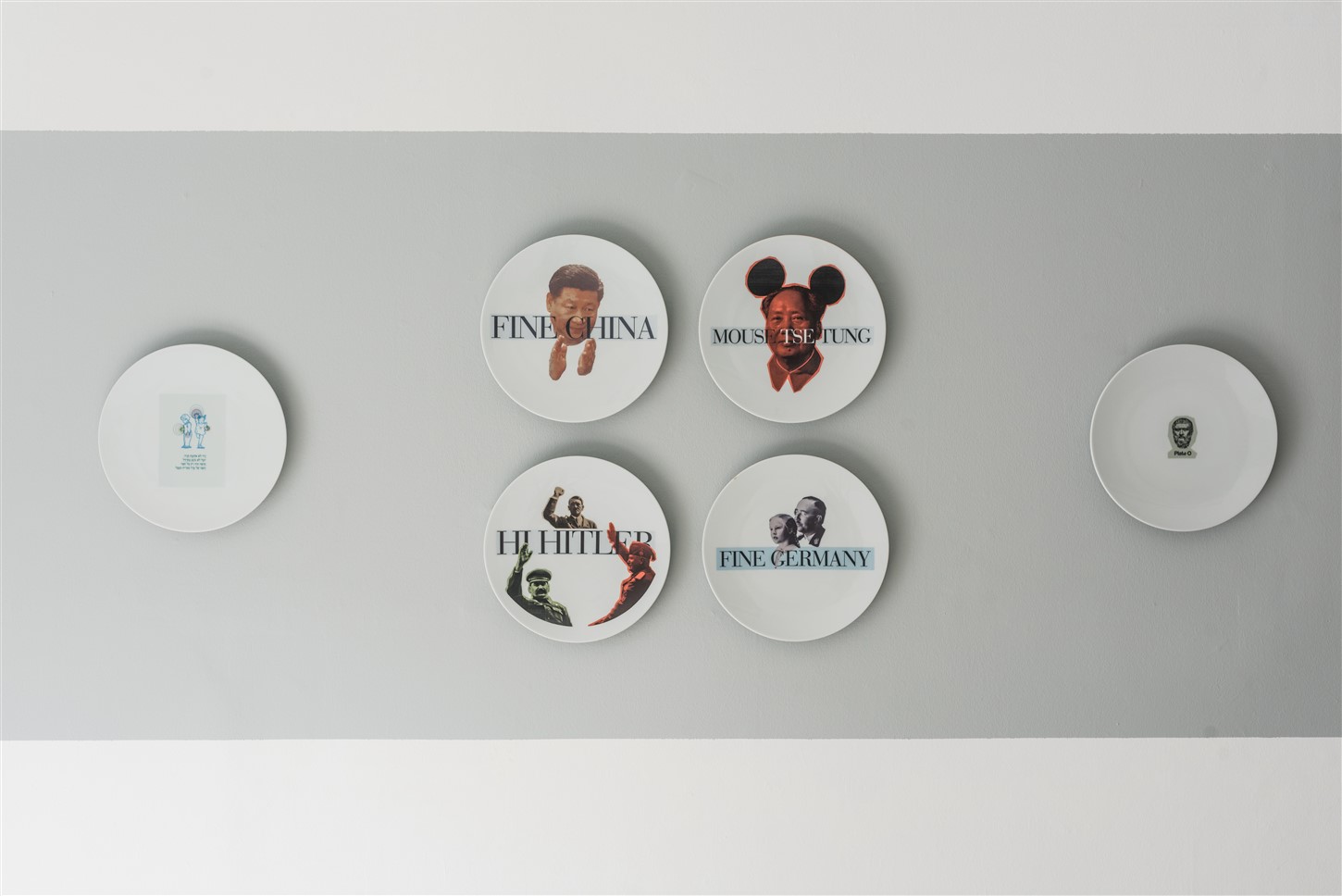 Lahav Halevy. Photo Dor Kedmi
Lahav Halevy. Photo Dor Kedmi
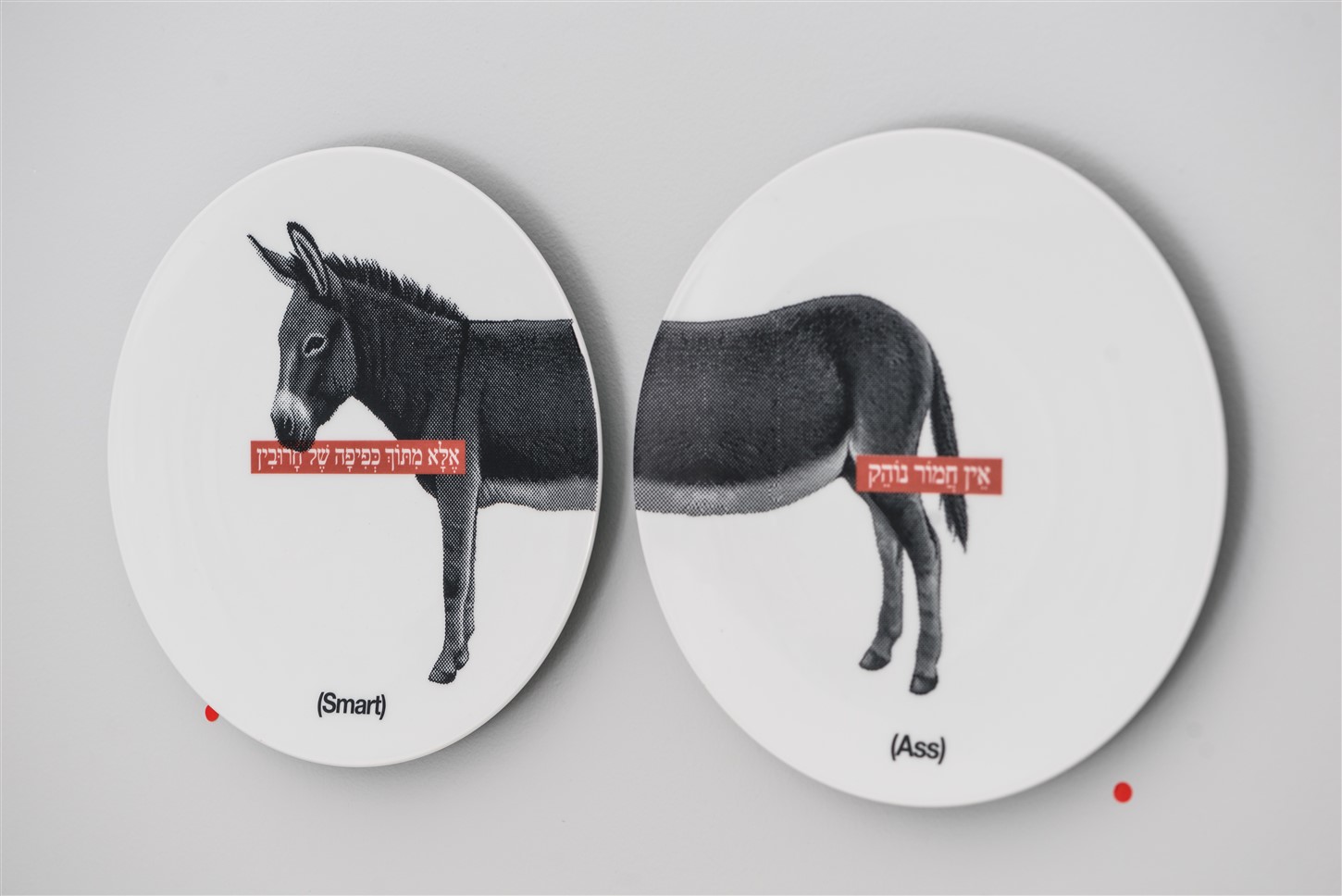 Lahav Halevy. Photo Dor Kedmi
Lahav Halevy. Photo Dor Kedmi
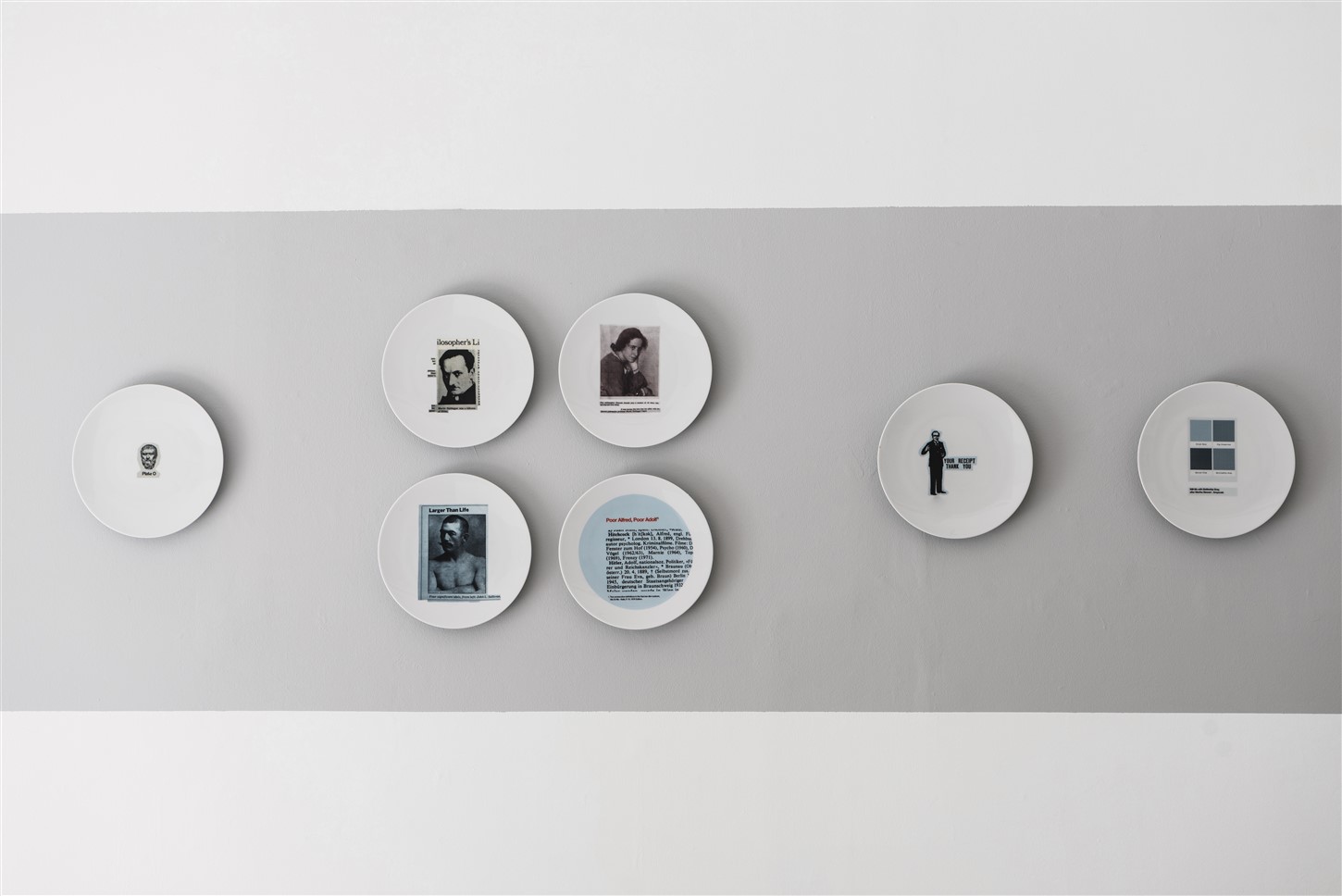 Lahav Halevy. Photo Dor Kedmi
Lahav Halevy. Photo Dor Kedmi
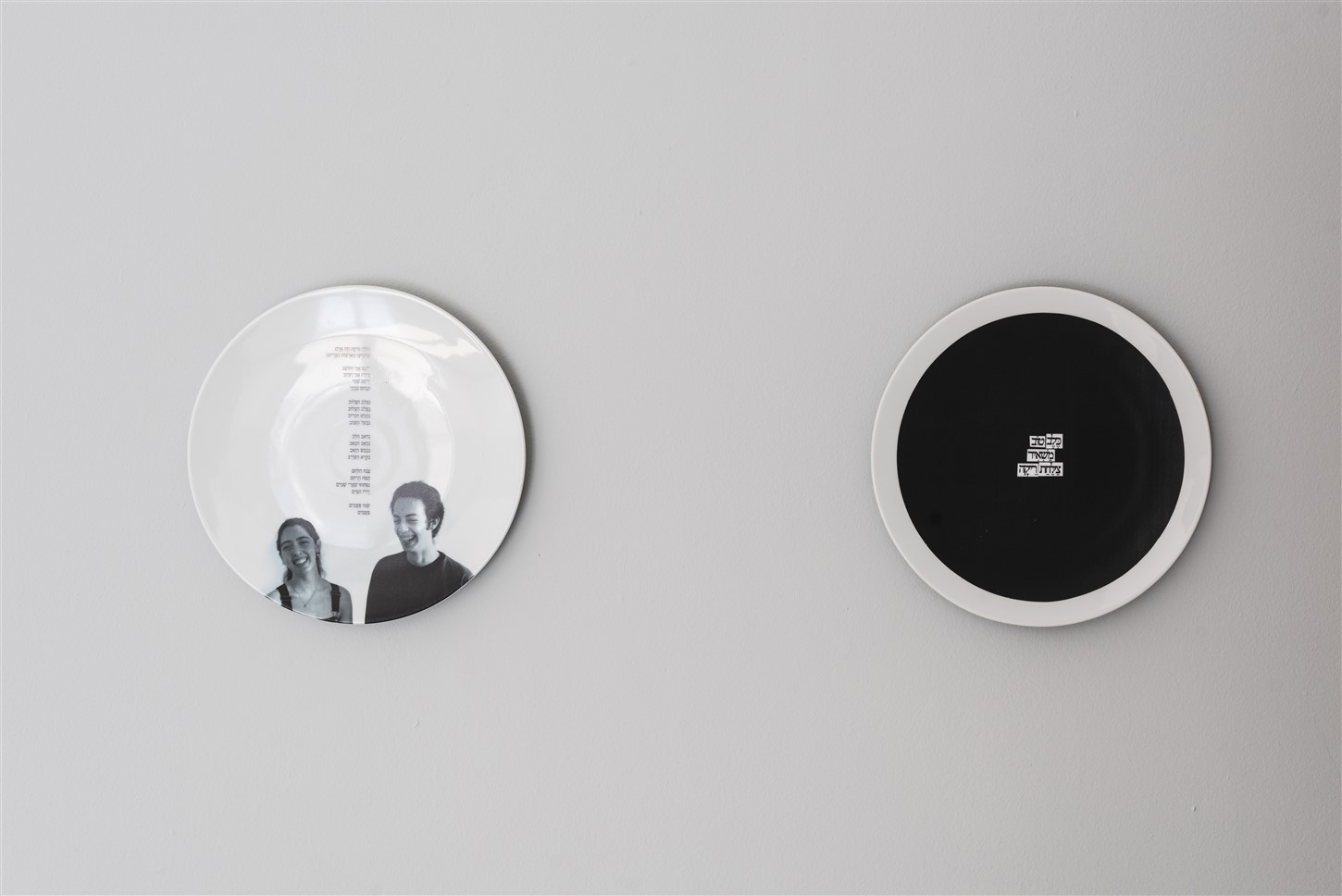 Lahav Halevy. Photo Dor Kedmi
Lahav Halevy. Photo Dor Kedmi
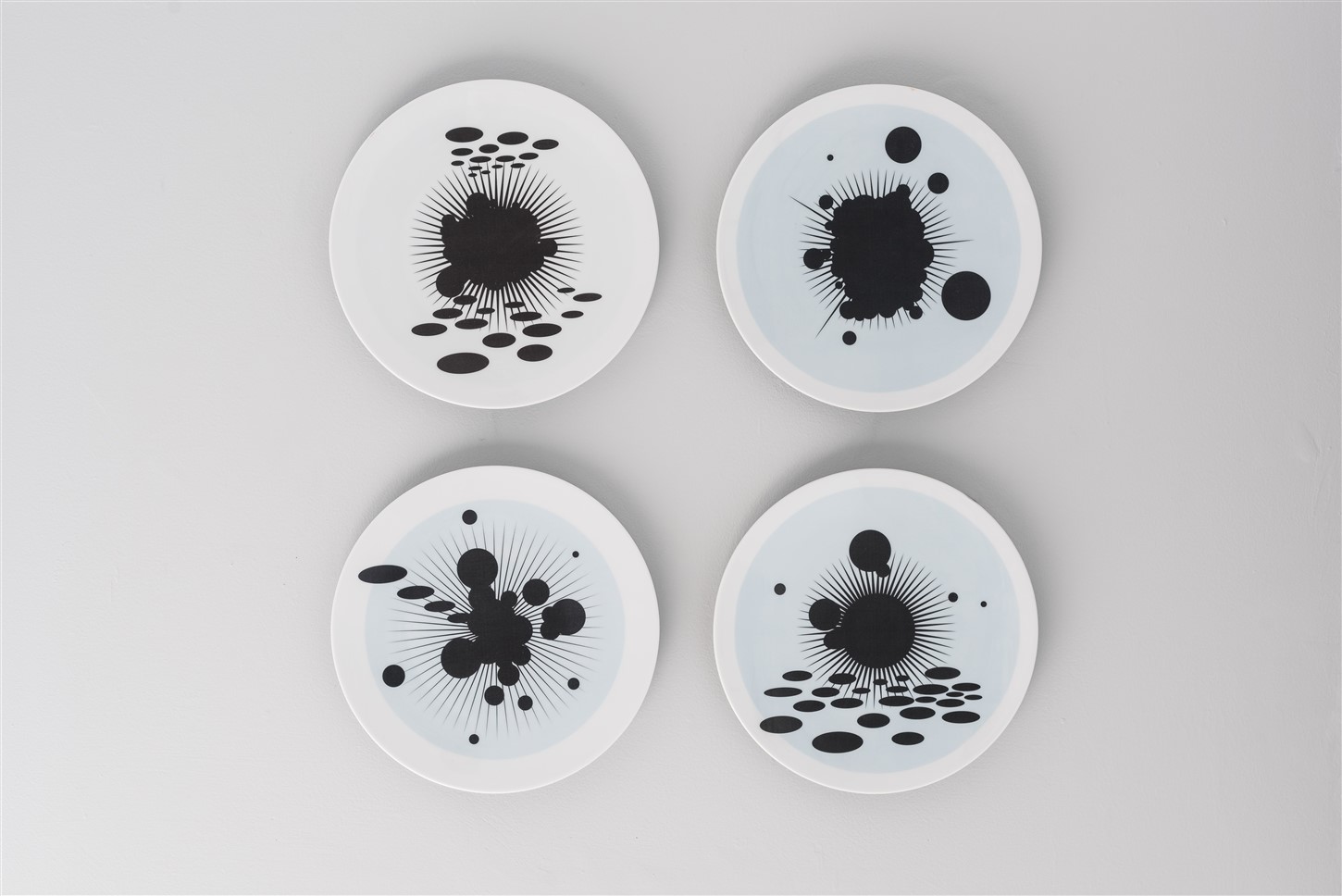 Lahav Halevy. Photo Dor Kedmi
Lahav Halevy. Photo Dor Kedmi
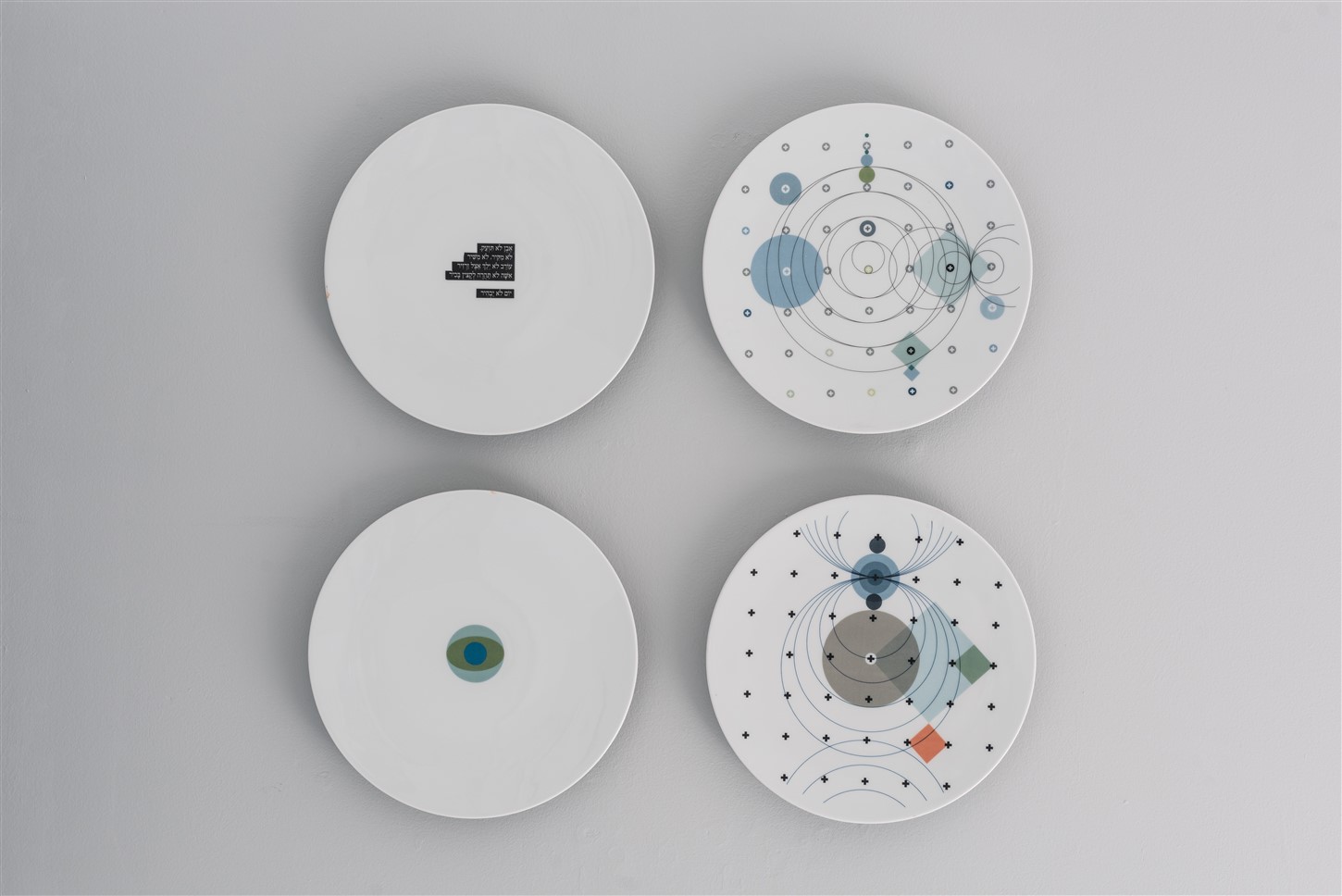 Lahav Halevy. Photo Dor Kedmi
Lahav Halevy. Photo Dor Kedmi
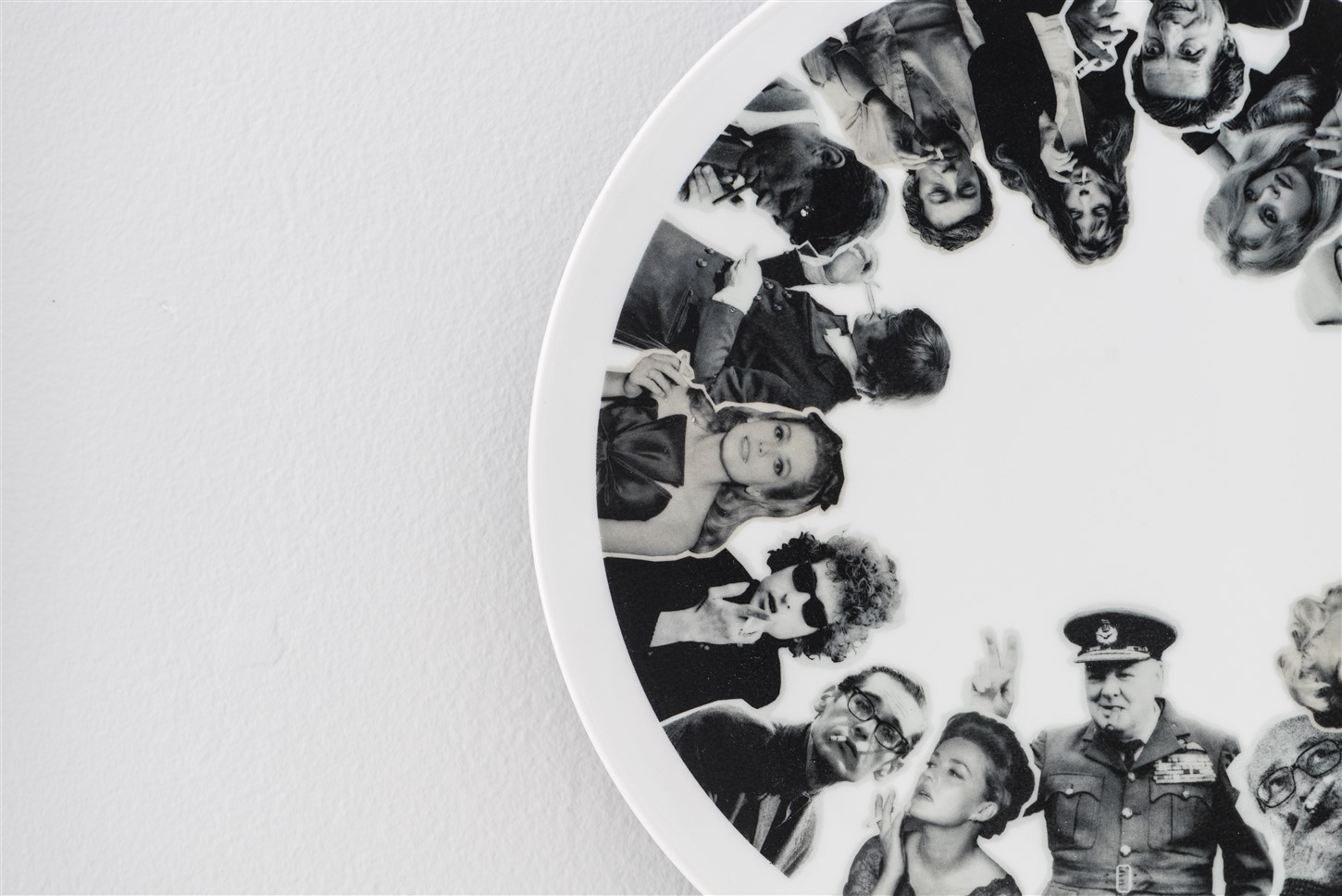 Lahav Halevy. Photo Dor Kedmi
Lahav Halevy. Photo Dor Kedmi
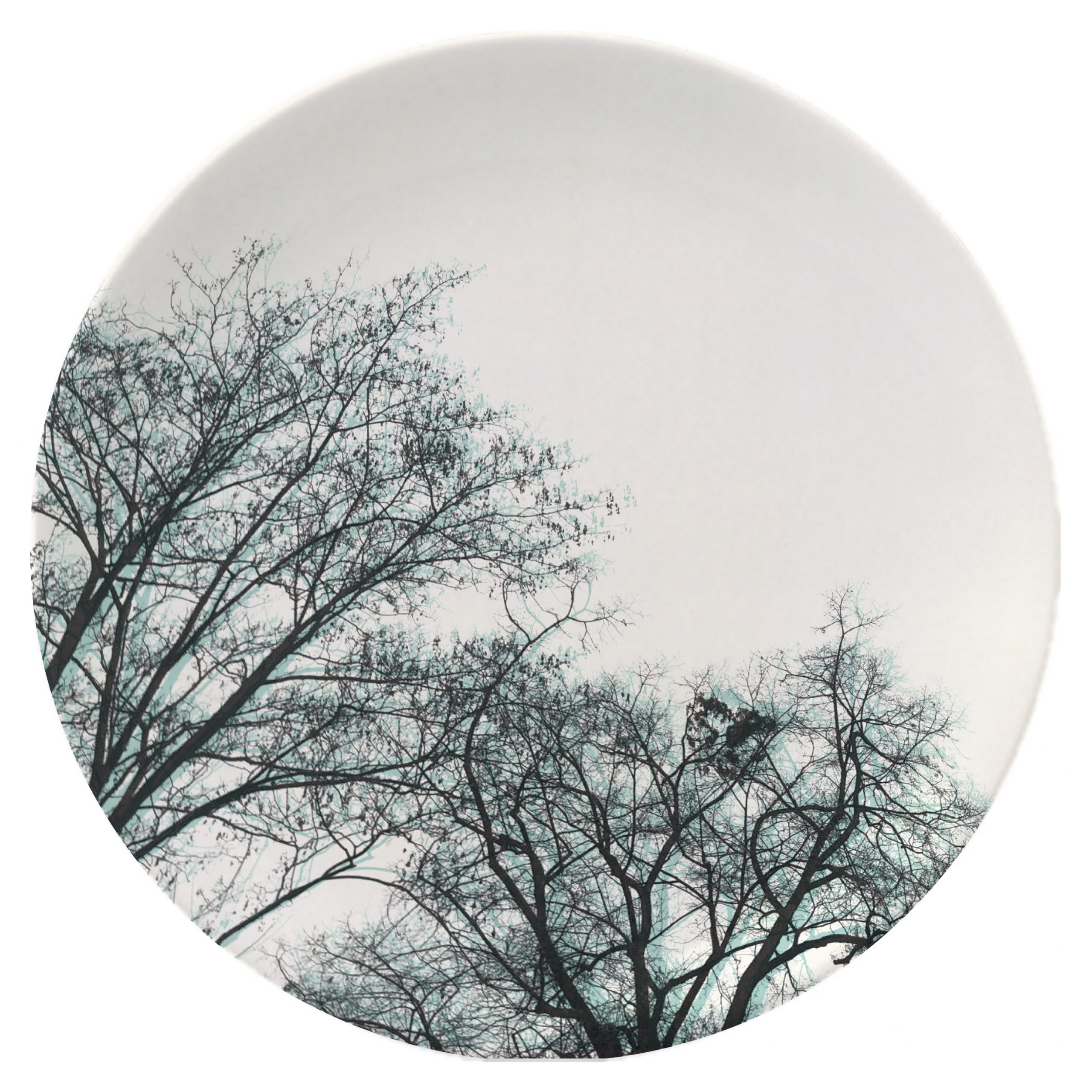 Lahav Halevy
Lahav Halevy
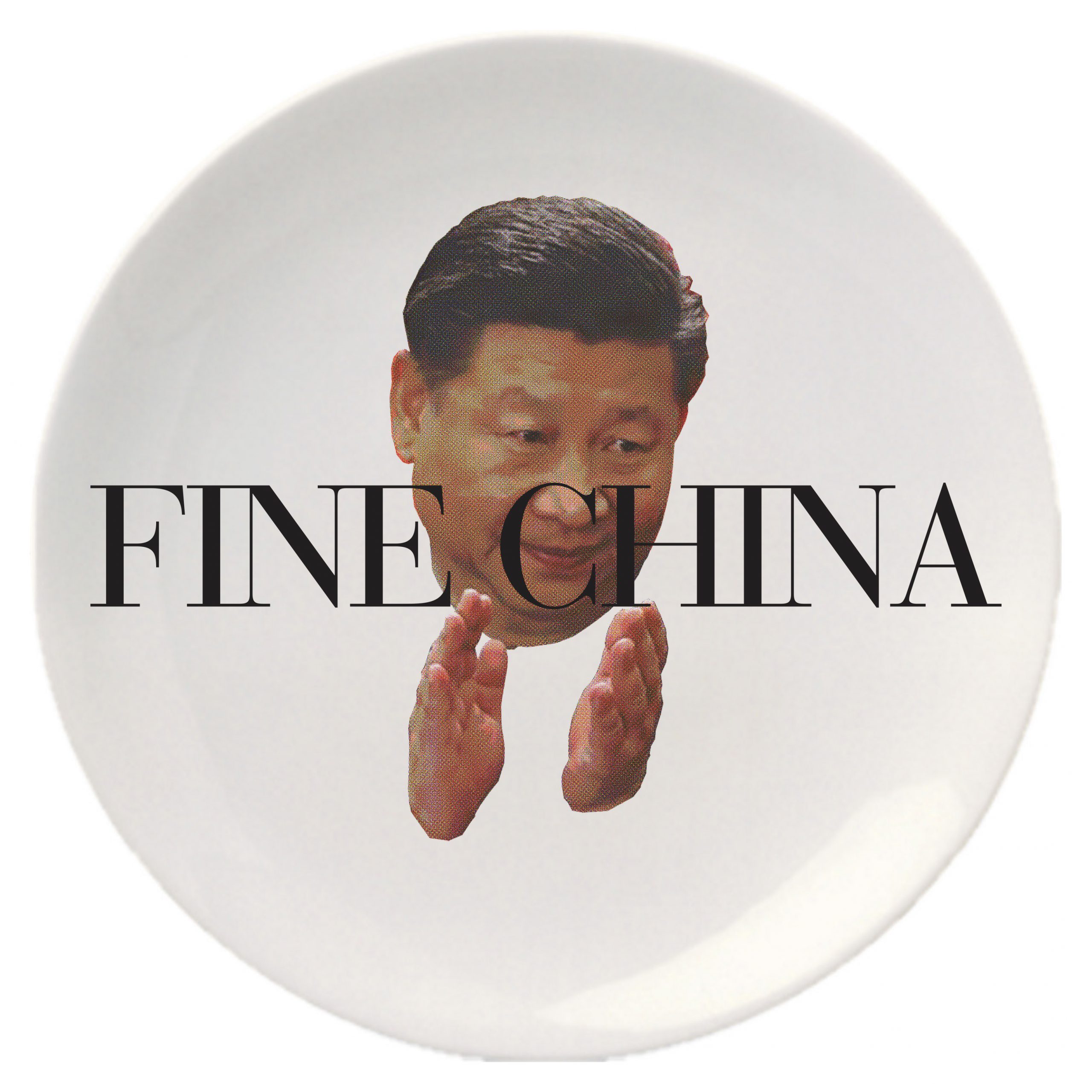 Lahav Halevy
Lahav Halevy
 Lahav Halevy. Photo Dor Kedmi
Lahav Halevy. Photo Dor Kedmi